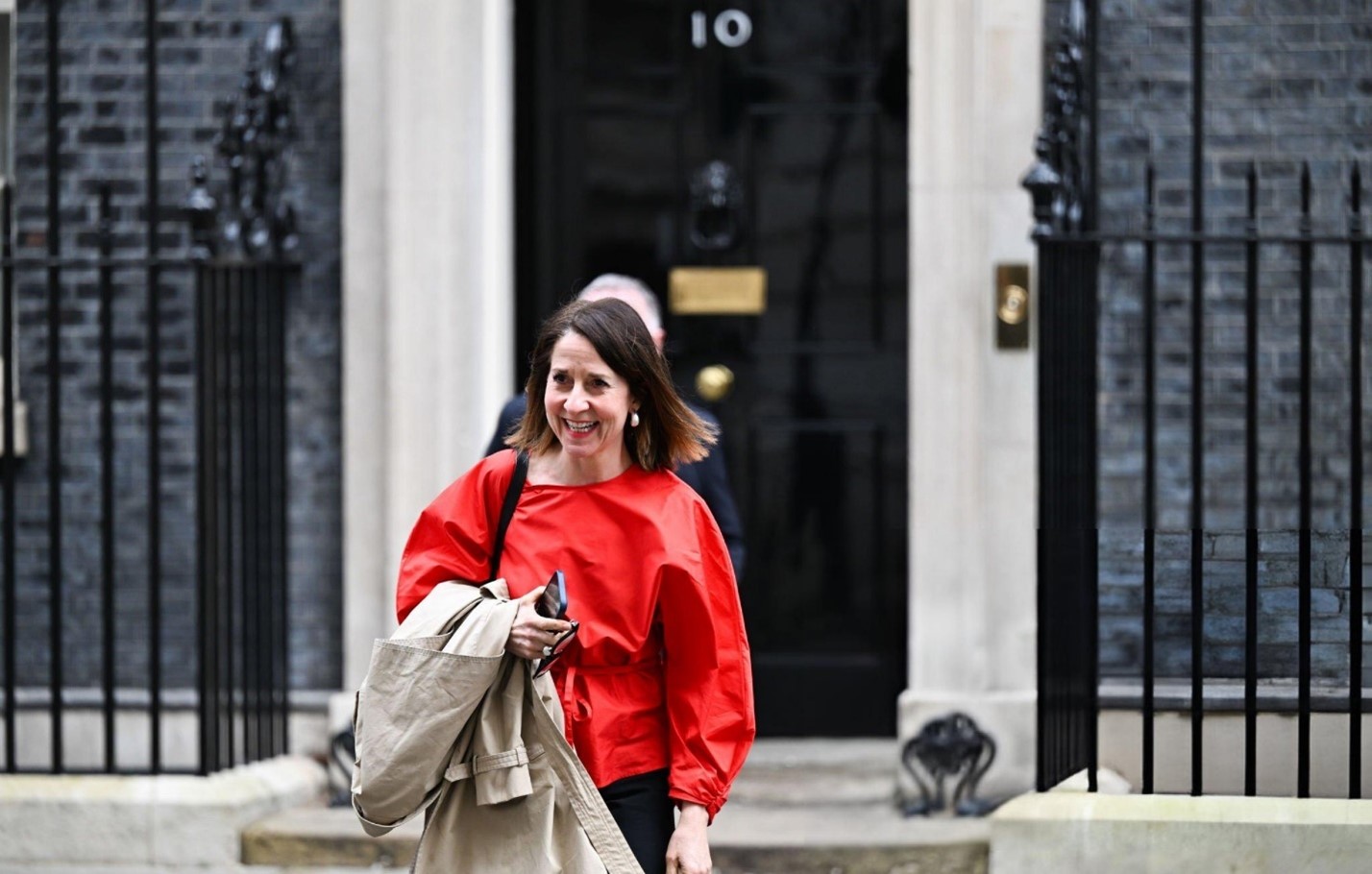The Government is set to confirm significant welfare reforms on Tuesday, despite growing unease among Labour backbenchers over the potential scale of the cuts. The number of people in England and Wales claiming sickness or disability benefits has surged from 2.8 million to around 4.0 million since 2019, prompting ministers to argue that urgent action is needed.
Welfare overhaul to be announced
Work and Pensions Secretary Liz Kendall is expected to outline proposals aimed at reducing the cost of the benefits bill and encouraging more people back into employment. Downing Street has framed the changes as both an economic necessity and a moral imperative, arguing that the current system is financially unsustainable.
“The Prime Minister has been clear that there is both a moral and an economic case for fixing our broken social security system that’s holding our people back, and our country back,” a spokesman for Number 10 said.
Reports suggest the reforms could result in cuts of up to £5 billion in welfare spending. However, concerns are mounting within the Labour Party about how these changes will impact the most vulnerable, particularly those who rely on the personal independence payment (PIP), the main disability benefit.
Backbench and regional concerns
Several Labour MPs and regional leaders have voiced their apprehensions ahead of the announcement. York Central MP Rachael Maskell warned against any moves to tighten eligibility criteria for PIP, stating that such a move could leave many struggling.
Greater Manchester mayor Andy Burnham echoed these concerns, arguing that changes to benefit eligibility, without addressing the broader structure of the welfare system, could “trap too many people in poverty.”
Amid growing opposition, reports suggest that ministers are reconsidering plans to freeze PIP payments rather than increasing them in line with inflation, which would have amounted to a real-terms cut for 3.6 million claimants.
Liz Kendall sought to reassure MPs on Monday, stating that the reforms would ensure “trust and fairness” in the social security system and that benefits would remain available “for people who need it now, and for years to come.”
Financial pressures and economic context
The Government insists that reform is necessary due to the increasing number of claimants and the rising cost of welfare payments. The benefits bill has ballooned to £48 billion in 2023-24 and is projected to reach £67 billion by 2029-30, surpassing the current budget for schools.
Chancellor Rachel Reeves is set to deliver the spring statement on 26 March amid a challenging economic climate. The UK’s fiscal outlook remains uncertain, and with little headroom against the debt targets set last October, further spending cuts may be required.
Despite speculation that fiscal constraints are driving the changes, Downing Street has denied that the proposed cuts are purely a response to budgetary pressures.
“The Government will set out plans to overhaul the health and disability benefits system so it supports those who can work to do so, while protecting those who are most in need, and putting the welfare system back on a more sustainable path,” the Prime Minister’s spokesman said.
Divisions within labour
While Sir Keir Starmer’s Government is determined to press ahead with the changes, internal divisions are becoming increasingly apparent. Many Labour MPs are wary of appearing to attack a system that supports some of the most disadvantaged in society, particularly at a time when the cost of living crisis continues to bite.
The upcoming announcement will likely be a major test of the Government’s ability to navigate the fine balance between fiscal responsibility and social protection. With opposition mounting both within and outside the Labour Party, Tuesday’s statement could set the tone for one of the most contentious policy debates of the year.






